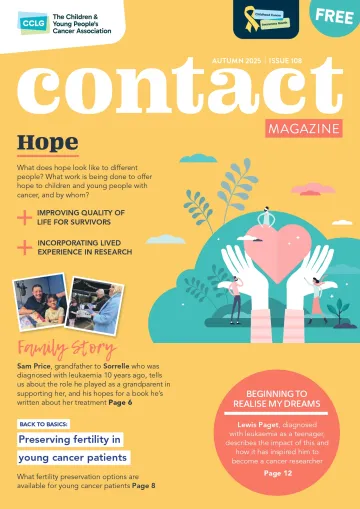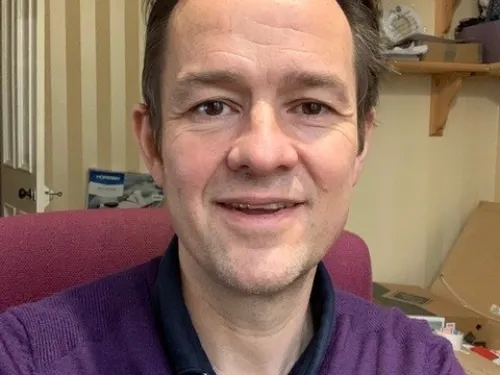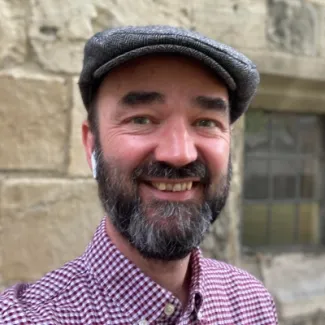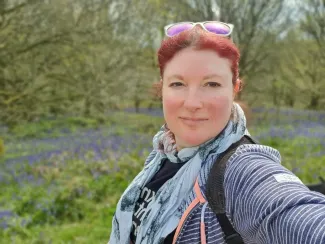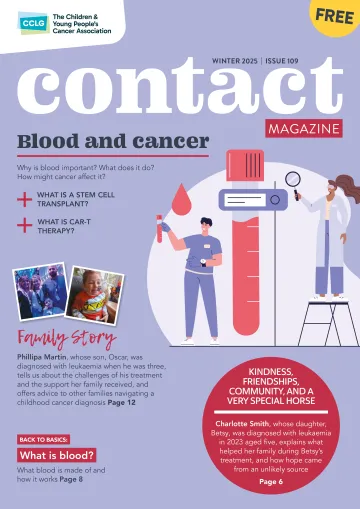When a child or young person is diagnosed with cancer, every family clings onto one hope above all else – a cure. The journey to cure, however, is often long and complex, involving multiple treatments such as surgery, chemotherapy and/or radiotherapy. At the start, parents are presented with an overwhelming amount of information, with more details emerging as treatment progresses. Long-term side effects are mentioned during the consent process, but it can be hard to fully absorb the potential challenges ahead, as there’s a rush to begin, hopefully, curative therapy. Cure rates for many childhood cancers are high, but for some cancer types, the cost of survival can be significant, leaving children with physical and psychological challenges.
For example, consider cancers arising in the head and neck region, such as rhabdomyosarcoma. Late effects depend on the age of the child at diagnosis, tumour location and size, and whether it has spread (to lymph nodes in the neck, for example), and critically, the type of treatment received. Both surgery and radiotherapy can cause immediate or delayed problems. The resulting problems include, but aren’t limited to, deafness, visual loss, hormone deficits, difficulty opening the mouth fully, teeth loss, dental problems, speech and swallowing impairment, and facial deformities. For decades such treatment-related effects were regarded as “the cost of cure” – something families were expected to accept as part of the child’s survival. But, encouragingly, things are changing.
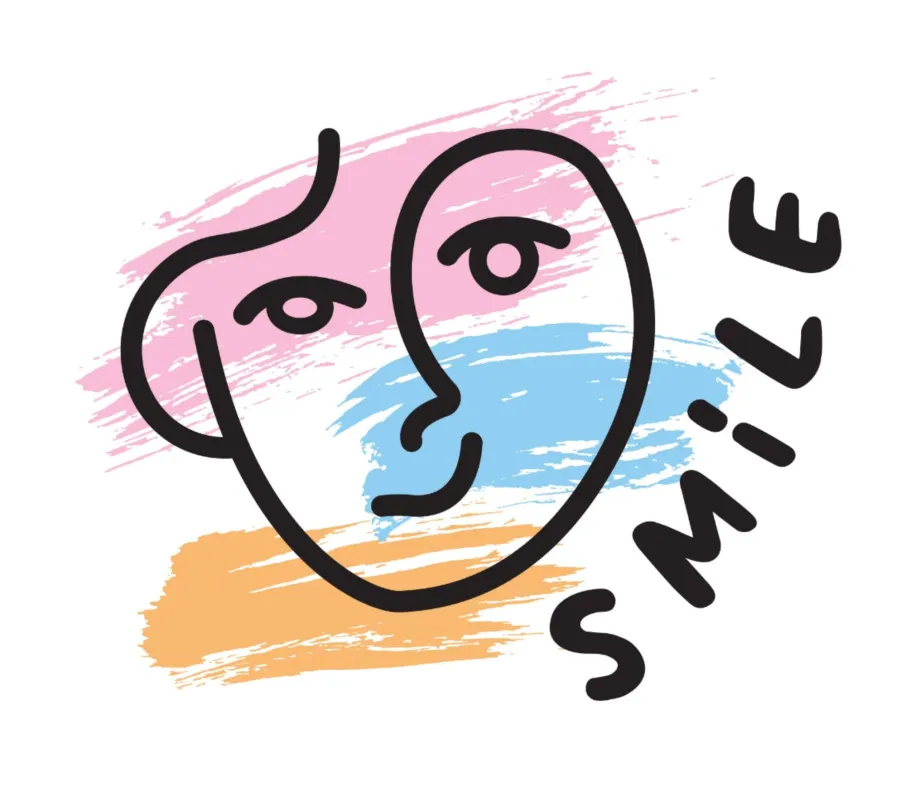
What is SMILE?
SMILE is an international collaboration of clinicians and scientists working to better understand, reduce and manage the long-term impact of head and neck cancer treatment in children and young people. It brings together experts from different fields – paediatric and clinical/radiation oncologists, head, neck and dental surgeons, clinical scientists, physicists, researchers, and late effect clinicians with a shared goal: to improve outcomes for survivors, both medically and their quality of life.
Since 2023, SMILE has hosted an annual meeting in Manchester bringing together specialists with an aim to:
- Investigate – learn more about how dental and facial changes after treatment affects childhood cancer survivors physically, emotionally and in daily life
- Integrate – use the knowledge to develop evidence-based guidelines, to improve clinical care
- Innovate – develop better treatment strategies to improve treatments and long-term care, ensuring survivors thrive, not just survive
SMILE is committed to raising awareness, by highlighting the challenges survivors struggle with. Importantly, we're also committed to supporting survivors, ensuring that those already living with lifelong effects receive the care and attention they need. The answers aren’t easy and even with advances in treatments, many survivors still struggle with daily challenges that impact their quality of life.
SMILE is a long-term initiative, one that requires continued research, funding and collaboration. Progress has already been made, with successful research grants and scientific publications, but more work is needed to ensure every child who survives cancer has the chance to live life to the fullest.
Our mission goes beyond survival – we strive to ensure childhood cancer survivors thrive. We work closely with patient and parent focus groups to better understand and address the long-term effects of head and neck treatment. If you, your child, or someone you know has experienced facial or dental effects following radiation therapy and would like to be part of this initiative, we’d love to hear from you.
Please contact smile.consortium@manchester.ac.uk
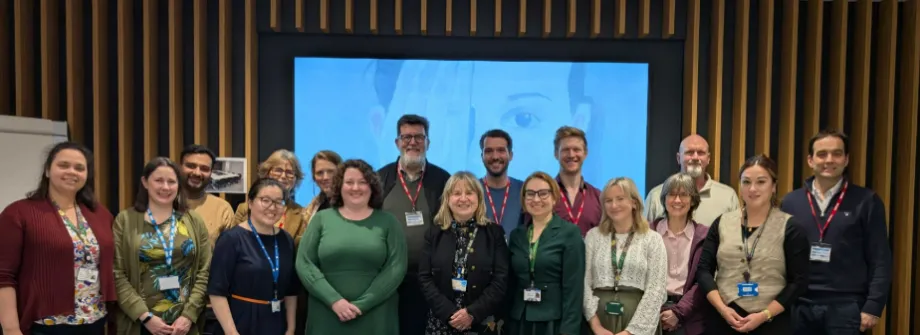
From Contact magazine issue 108 | Autumn 2025

